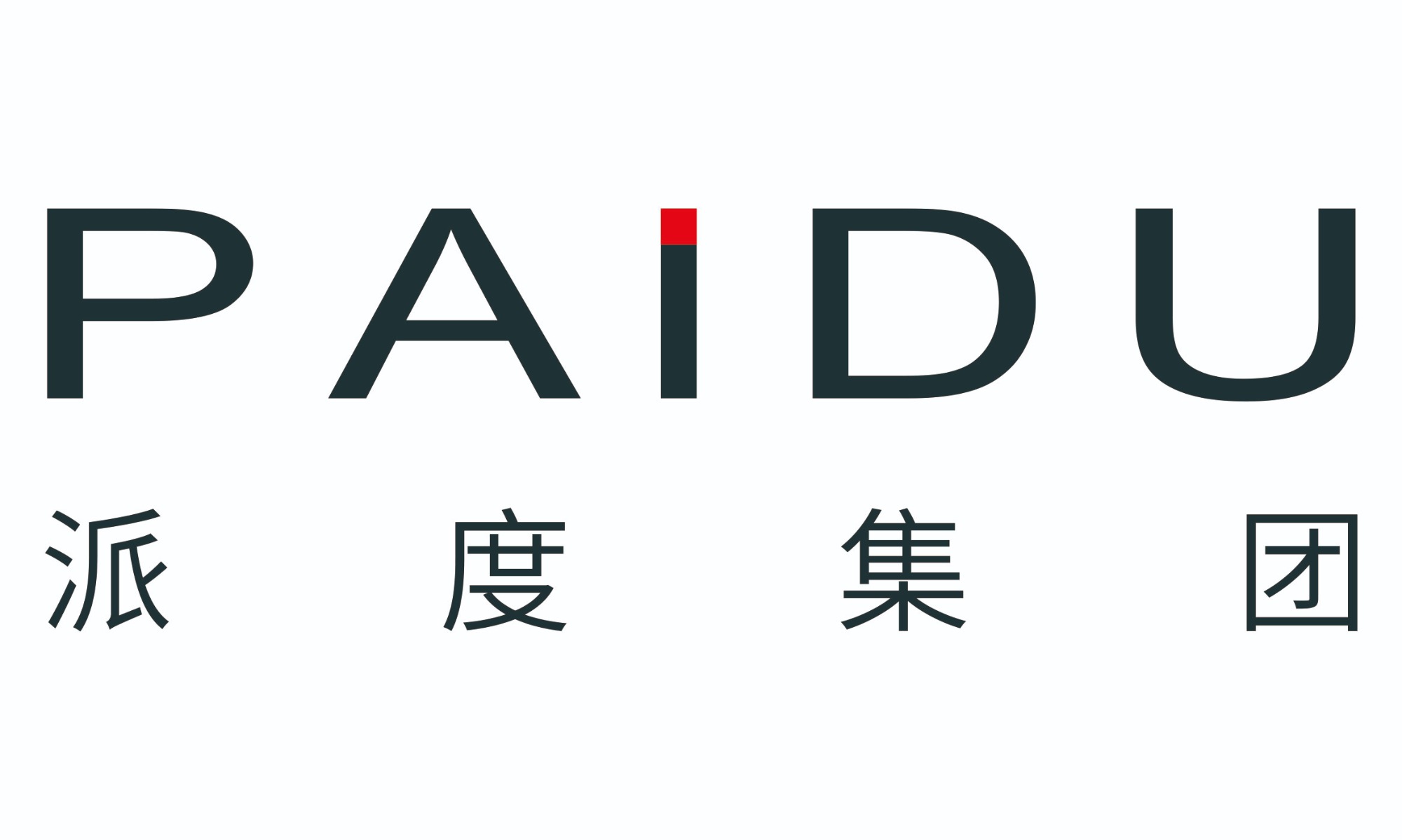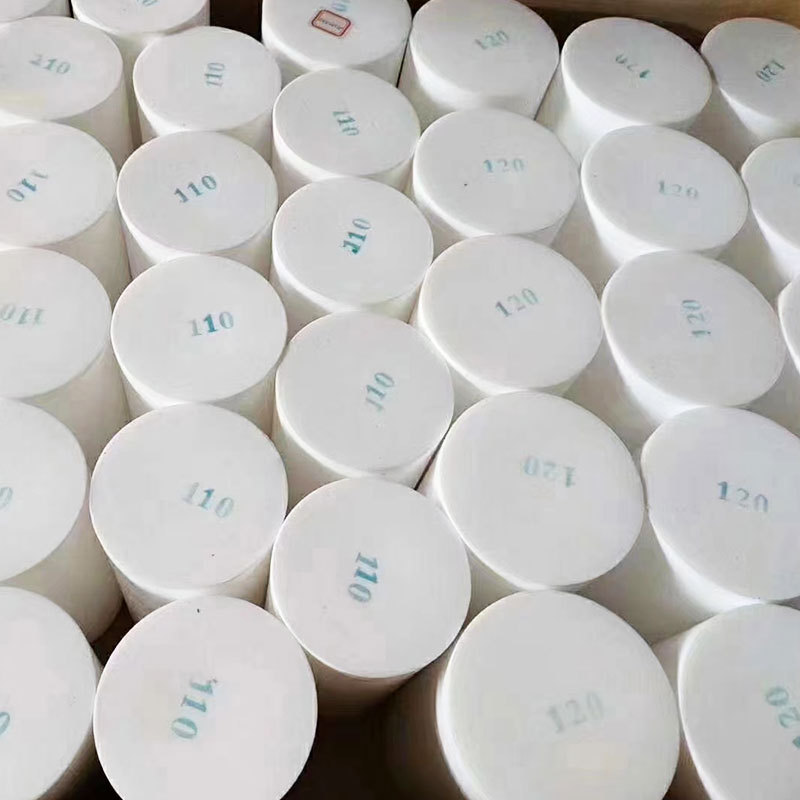PTFE tubing has a wide range of applications in various industries due to its unique properties.
One of the key features of PTFE tubing is its exceptional chemical resistance. It is highly resistant to a wide range of chemicals, including acids, bases, solvents, and corrosive substances. This makes PTFE tubing suitable for use in industries such as chemical processing, pharmaceuticals, and laboratory applications.
PTFE tubing is also known for its high-temperature resistance. It can withstand temperatures ranging from -200°C to 260°C (-328°F to 500°F) without losing its physical properties. This makes it ideal for applications that involve extreme temperatures, such as in aerospace, automotive, and industrial processes.
Additionally, PTFE tubing has excellent electrical insulation properties. It has a high dielectric strength and low electrical conductivity, making it suitable for use in electrical and electronic applications where insulation is crucial.
Another advantage of PTFE tubing is its low friction coefficient, which provides smooth and efficient fluid flow. This property makes it useful in applications such as fluid transfer, chemical dispensing, and medical devices.
PTFE tubing is also non-reactive and non-toxic, making it safe for use in food and beverage applications, as well as in medical and pharmaceutical industries.
In summary, PTFE tubing is a versatile and reliable tubing option known for its chemical resistance, high-temperature capabilities, electrical insulation properties, low friction coefficient, and safety. It finds applications in various industries where these properties are essential for efficient and reliable operations.





